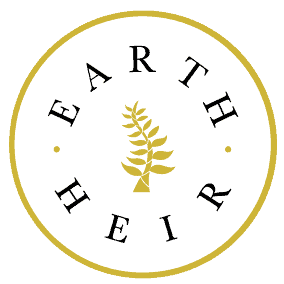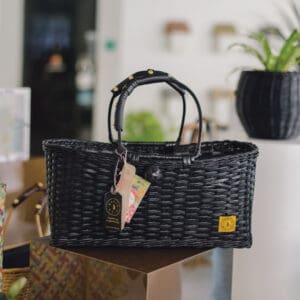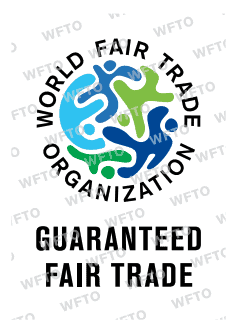
Earth Heir
Guaranteed Member
Membership status
View/Download Here
Guaranteed WFTO Member Certificate
Contact Information
http://earthheir.com
Main Website
earthheir.com
Webshop link
Contact us via Whatsapp
+60132117994
Mobile
team@earthheir.com
+60 132117994
Landline Number
Send Earth Heir a message
The form was sent successfully.
An error occured.
About Us
A purpose driven business connecting communities and expanding cultural heritage.
Mission Statement
Celebrating craftsmanship by designing
thoughtfully, engaging in ethical partnerships
and advocating conscious living.
Additional Information
Fair Trade Organization
Membership Type
2013
Founded in
1-9
Employees number
100
Number of livelihoods impacted
Retail and Wholesale
Selling retail or wholesale
File an alert against this member
Do you have knowledge on compliance issues of one of our members? Alert us. Click below to send your alert.
Contact
- Parallelweg West 9A, 4104 AX Culemborg, The Netherlands
- +31649086439
- info@wfto.com
If you want to contact any of our staff members (not Board) please write to the First Name (ex: Paul)@wfto.com
© 2024 World Fair Trade Organization. All Rights Reserved.





